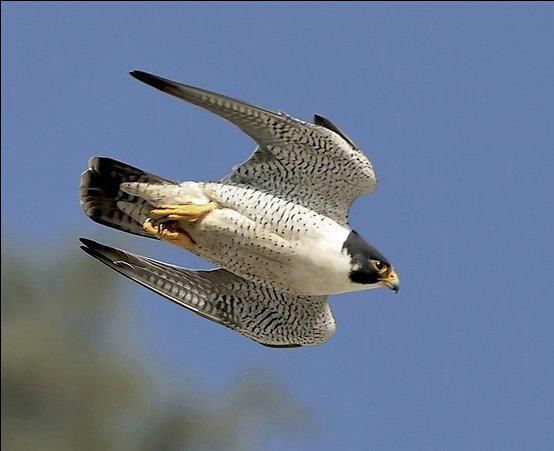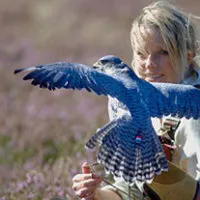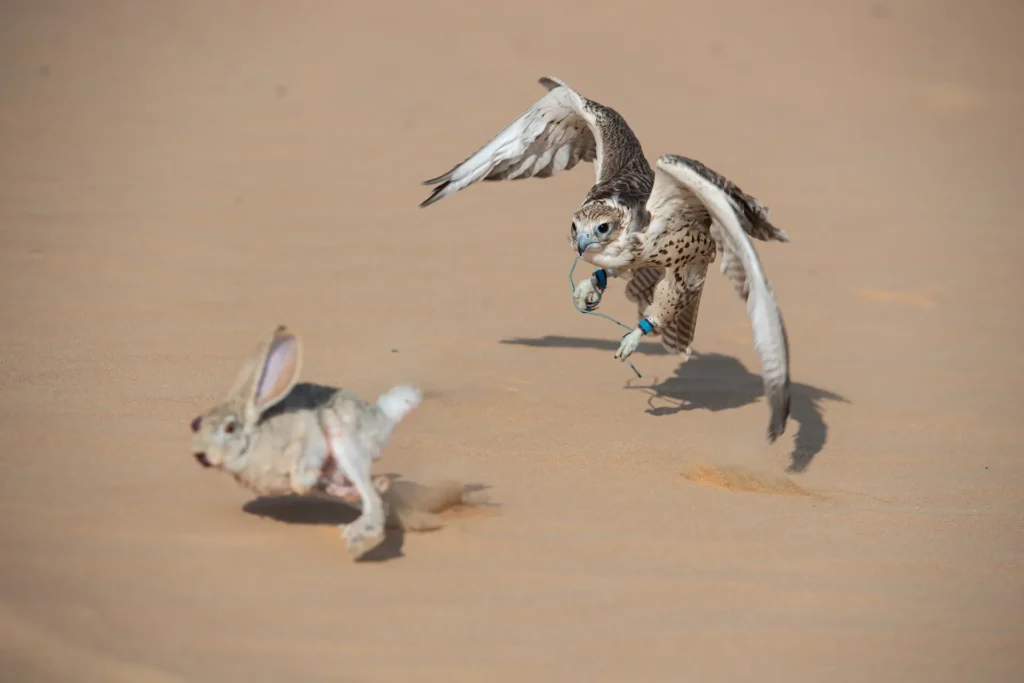Master the Art
of Falconry
Whether you're a beginner or an experienced falconer, our expert-led courses offer a unique opportunity to connect with these majestic birds.
Contribute Your Expertise
Explore Our Resources

Explore the Depths of Falconry Knowledge
Dive into the history, techniques, and ethics of this ancient art, and learn from experts who are passionate about sharing their knowledge.
Together, We Keep the Tradition Alive
Your Falconry Journey Matter
Want to share your story? We’re always looking for authentic voices from the falconry community to help us expand our content.
Share Your Story“Falconry is not just a sport; it’s an ancient art that connects us to nature and to a time-honored tradition. Every flight is a dance of trust and freedom.”


Help Us Build a Better Falconry Resource
Are you an experienced falconer? Share your images, articles, and insights to help us enrich the community and preserve the art of falconry for future generations.
Join as a Contributor




